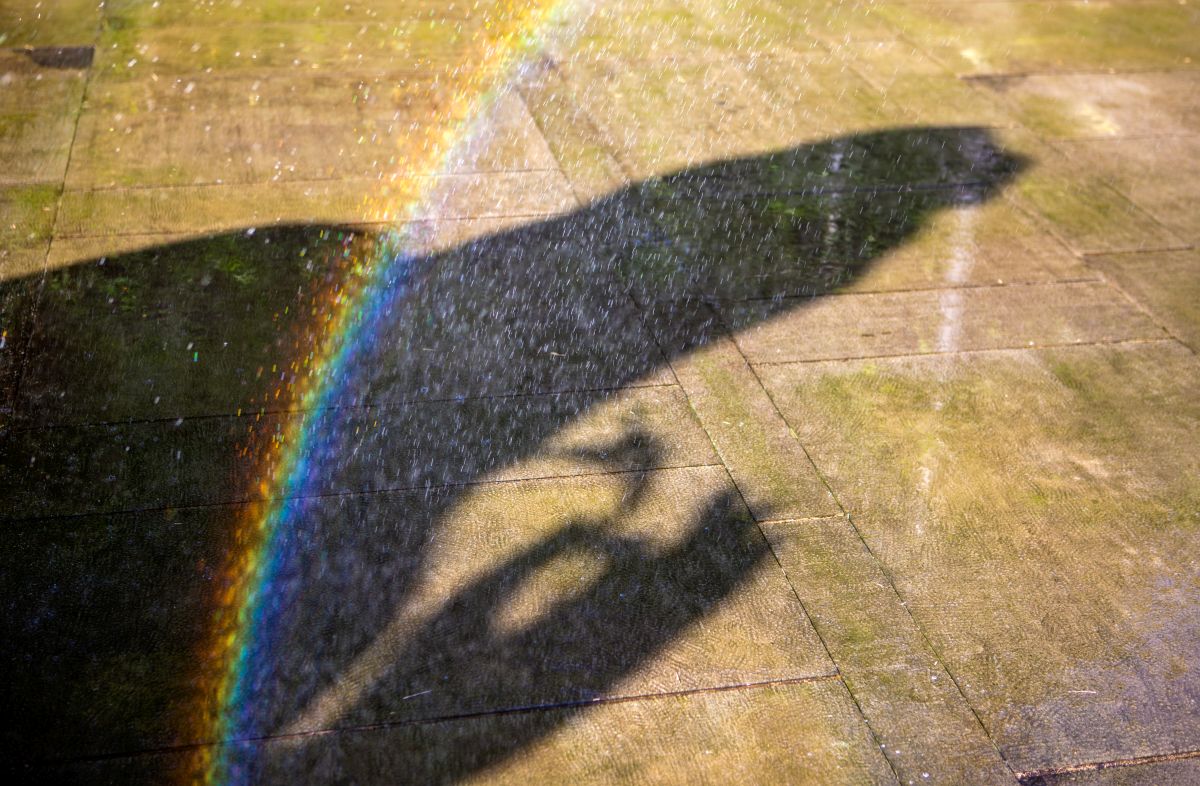Special Topics
Q2: What are the differences between ordinary people making a wish and Buddhists making a vow?
Ordinary people make wishes both for themselves and others. Some make a wish to gain something, whereas others make wishes without asking for anything in return. The wishes that ordinary people make are mostly about wanting to get promoted, become rich, perform well academically, and to alleviate their misfortunes and troubles, or fulfill some personal wish. These too are vows, albeit self-centered and minor ones. In this regard, as Ven. Guo Shing from the Dharma Drum Mountain Sangha stated, the merits and benefits obtained from self-centered vows are not only short-lived but are also very small. This kind of vow is limited to a certain moment and place. In addition, it is easier for one to retreat from making these vows when encountering adversity. The vows made by Buddhists closely concern all living beings. There is a Buddhist saying that goes: "Do not seek happiness for ourselves, and may all sentient beings be free from suffering." Therefore, the vows made by Buddhists are free of self-centeredness; that is, they are pure, profound, and of benefit to all living beings. This is also characteristic of the Four Great Vows, namely, "the vow to save all living beings without limit, the vow to end endless afflictions, the vow to learn countless Dharma methods, and the vow to achieve the supreme Buddha-Path." The Four Great Vows are not only the fundamental vows for Buddhist practice but also the vows required of all buddhas and bodhisattvas. Therefore, they are also referred to as the "common vows" or "general vows" of all Buddhists. Apart from the common vows, the vows made by various buddhas and bodhisattvas out of their respective intentions are called "specific vows", such as the Forty-eight Vows of Amitabha Buddha, the Twelve Great Vows of the Medicine Buddha, and the Ten Great Vows of Samantabhadra Bodhisattva.
The vows made by Buddhists closely concern all living beings. There is a Buddhist saying that goes: "Do not seek happiness for ourselves, and may all sentient beings be free from suffering." Therefore, the vows made by Buddhists are free of self-centeredness; that is, they are pure, profound, and of benefit to all living beings. This is also characteristic of the Four Great Vows, namely, "the vow to save all living beings without limit, the vow to end endless afflictions, the vow to learn countless Dharma methods, and the vow to achieve the supreme Buddha-Path." The Four Great Vows are not only the fundamental vows for Buddhist practice but also the vows required of all buddhas and bodhisattvas. Therefore, they are also referred to as the "common vows" or "general vows" of all Buddhists. Apart from the common vows, the vows made by various buddhas and bodhisattvas out of their respective intentions are called "specific vows", such as the Forty-eight Vows of Amitabha Buddha, the Twelve Great Vows of the Medicine Buddha, and the Ten Great Vows of Samantabhadra Bodhisattva.Whether it is a common vow or a specific vow, a great vow is one that is made for the sake of all living beings, is directed toward others, and stretches endlessly into the future. This is completely opposite to the wishes made by individuals who just want to fulfill what they seek for personal purposes. As Ven. Guo Shing said, Buddhist vows involve generating a Bodhi mind and acting for the benefit of all sentient beings. It is precisely because of the infinitely vast vow transcending time and space that one will not easily retreat when encountering setbacks. Compared with the greatness of lifetime vows, setbacks are just like a drop in the ocean: small and insignificant. As long as the general direction is correct and we make the most of the causes and conditions available at the moment, there is no need to worry about whether the goal of the vow is too vast to be realized. To take an example, as a child, Master Sheng Yen vowed to share all the Dharma he knew with everyone. Even though the process of fulfilling the vow was bumpy and full of setbacks, the Master nevertheless always regarded the goal as a process in and of itself. Regardless of the number of audience members, Master Sheng Yen would still be very happy. Even if there were just three or five persons present willing to listen to the Dharma, his goal of sharing the Dharma had never changed, which was all thanks to the power of his deep and profound vow.
Extended Reading:
Vows: the Blueprint for Happiness
Q1: In order to make vows, do we need to follow any sequential steps?
Q2: What are the differences between ordinary people making a wish and Buddhists making a vow?
Q3: What are the Ways to Make a Vow?
Q4: Is it necessary to fulfill a vow after making it?
Q5: Is making vows the same as taking oaths?
Q6: How to avoid making empty vows?
Resource: Issue 330 of Humanity Magazine, Dharma Drum Publishing Corporation
Translation: 可馨
Editing: Keith Brown, Chiacheng Chang (張家誠)
